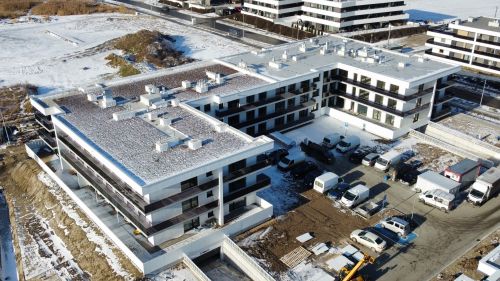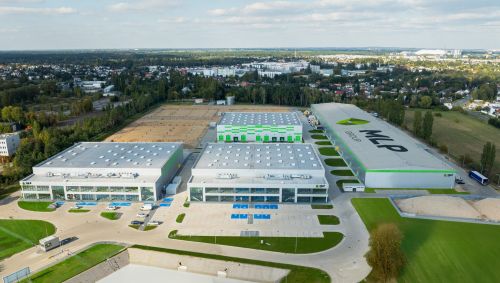In the wake of the invasion, approximately 4.6 mln people have been displaced – around 2.7 mln of whom have fled to Poland. As a result, the Polish government and people have been faced with a humanitarian crisis not of their making. But they have risen to the challenge, organising collections to raise money and essential goods for those in need, while many Polish households have been welcoming in previously unknown guests, who now must seek more permanent housing. Polish businesses, too, have felt compelled to help. But what have they – and more specifically, the real estate sector – actually been doing?
Donating office space
Eurobuild itself organised a convoy, taking essential goods to the Ukrainian border and ferrying back refugees; but Eurobuild is a media outlet and not strictly speaking part of the real estate sector. One of the most common responses from developers was to allocate vacant space in their buildings for sheltering the enormous influx of peopl

























































